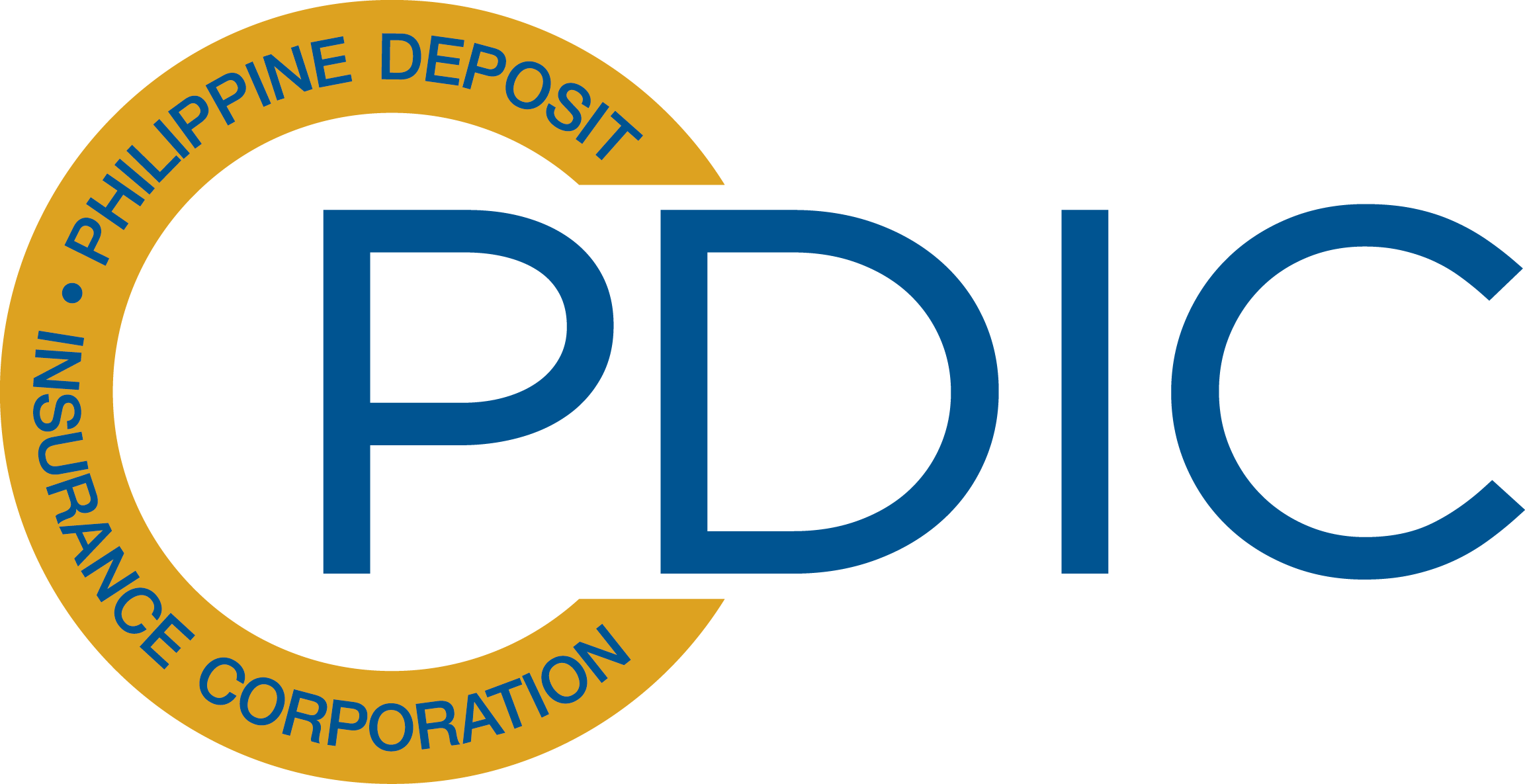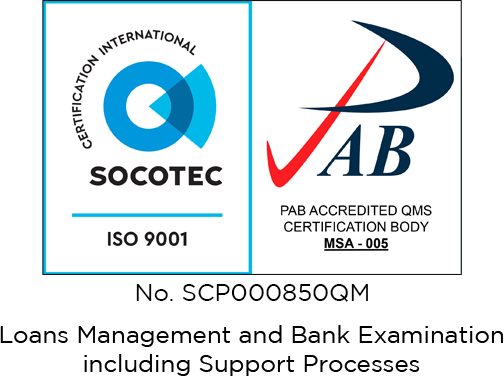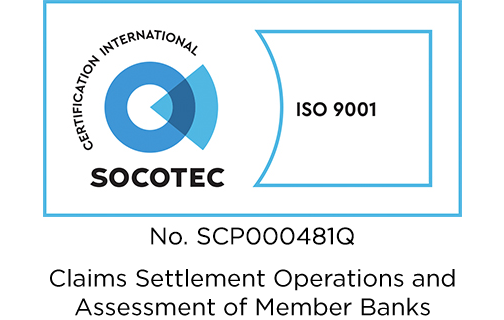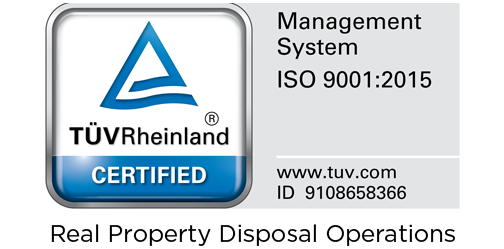| NEWS |
| Tweet |
Financing options for small and medium enterprises* |
SMALL AND medium enterprises (SMEs) form the backbone of a market oriented economy. They account for a great amount of employment opportunities in the economy and are very important components of the middle class. The importance of SMEs in the growth and development of a market economy has already been well recognized in Philippine laws, policies and institutions. Their importance is highlighted even more now because of the great concern in the country and throughout the world for poverty reduction through inclusive growth. In order to appreciate the value of SMEs, it would be useful to discuss briefly the true meaning of inclusive growth. The concern for inclusive growth is because of the experience that just plain economic growth has not necessarily resulted in reducing poverty at a satisfactory pace and that the benefits of growth mainly remained with the bigger enterprises and their shareholders and employees and have not spilled over enough into the lower income classes. Therefore, the term inclusive growth is meant to emphasize the need to pursue an economic growth path where the lowest classes share a greater portion of the benefits of growth so that the poverty incidence in the country is reduced and eventually eliminated. It is believed that SMEs that are growing in number and size producing globally competitive goods and services would be more effective in creating jobs for their own payroll and also to support their own needs for goods and services than just relying more on big business conglomerates. SMEs can and in fact supply goods and services to big conglomerates. SMEs also compete with conglomerates and supply goods and services to other countries. Growing numbers and size of SMEs are needed to absorb and take advantage of our labor force to drive the Philippine economy into sustained inclusive growth. FINANCE FOR SMES F1NEX has long advocated the need to increasing the range and depth of financing options for SMEs. There are already existing policies to support SMEs. The Bangko Sentral ng Pilipinas has been a strong advocate of lending to Micro enterprises and SMEs and requires that a total of 10% of the loan portfolio of a bank should be in Micro/Small and Medium Enterprises (MSMEs). The Small Business Corporation is a government institution dedicated to the financing of SMEs under the Department of Trade and Industry. However, given the urgency of facilitating the growth and development of SMEs and in support of inclusive growth, there is much more that can be done in developing and increasing the financing options for SMEs. The following issues ought to be explored:
____________________________ * Written by PDIC President Valentin A. Araneta, FFEI Trustee, for the Special Feature on the 2nd Finex SME Forum published in the Businessworld on July 23, 2014. |
back |
This website uses information-gathering tools including cookies and other similar technology. Data generated are not shared with any other party. For more information, please refer to our privacy policy.
 PDIC is a government instrumentality created in 1963
PDIC is a government instrumentality created in 1963by virtue of Republic Act 3591, as amended, to insure
the deposits of all banks. PDIC exists to protect
depositors by providing deposit insurance coverage for the depositing public and help promote financial stability. PDIC is an attached agency of the Bangko Sentral ng Pilipinas.

Questions? Need Help?
Click Frequently Asked Questions
Trunkline.: (632) 8841-4000
Hotline: (632) 8841-4141
(for Metro Manila clients)
Fax No.: (632) 8841-4085
Email: pad@pdic.gov.ph
Client outside Metro Manila may call
Toll Free: 1-800-1-888-7342 or
1-800-1-888-PDIC

.png?Thursday; April 18, 2024)

Hotline: (632) 8841-4141
(for Metro Manila clients)
Fax No.: (632) 8841-4085
Email: pad@pdic.gov.ph
Client outside Metro Manila may call
Toll Free: 1-800-1-888-7342 or
1-800-1-888-PDIC

.jpeg)
.png)


